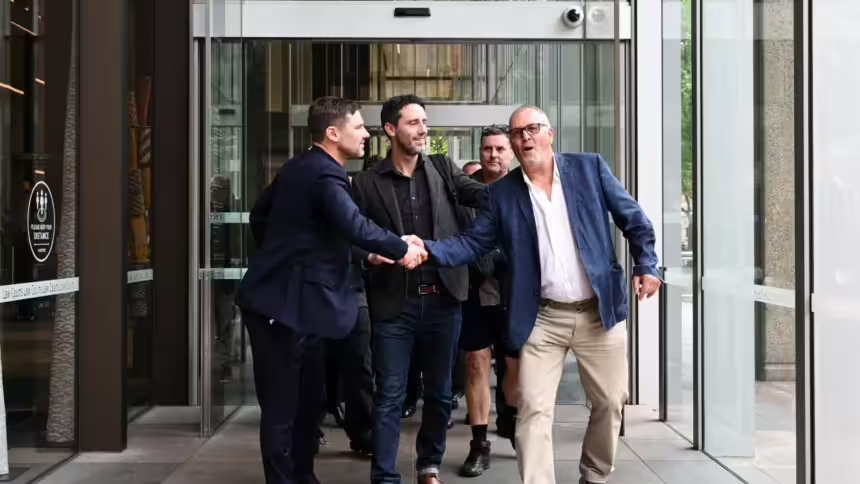Sydney’s Federal Court ordered Australian Qantas Airways to pay $114,000 to three baggage handlers unlawfully fired in 2020. The three employees, out of 1700, are the first to receive compensation following their illegitimate termination during the pandemic.
The court case
Federal Court Judge Michael Lee ordered compensation to each of the 3 fired workers for the “harm sustained” upon the illegal layoff. The three workers were the first test cases in the Transport Workers Union (TWU) trial. The trial resulted in the layoff of 1700 workers, followed by the cheaper outsourcing of new workers for the role.
Qantas attempted to appeal the 2021 court decision, claiming that the layoffs were warranted. The airline contended that the financial difficulties the airline faced after the COVID pandemic would have necessitated the layoffs in 2021. The federal court denied the appeal, ruling the firings unlawful in 2021.
In the third worker case, the illegitimate firing had triggered a “major psychiatric illness,” which will affect his life for years to come.

Outcome for Qantas
Australian Qantas Airways apologised to the workers in a statement following the decision. They said that
“We recognise the emotional and financial impact this has had on these people and their families.”
Qantas also promised to expedite the compensation payments to the 3 workers. Furthermore, Qantas will collaborate with a trade union to determine compensation for the remaining employees. After working out a deal with the TWU, Qantas will return to court on November 15th. TWU National Secretary Michael Kaine claimed that the airline will likely owe over $100 million in compensation.
Michael Kaine further claimed that not only were the workers quickly and unlawfully laid off, but Qantas should also compensate for the 4 years of “Hell” the airline put the workers through during the court proceedings.
TWU Assistant National Secretary Nick McIntosh said:
“The Federal Court has today sent a powerful message to corporate Australia that if you engage in this sort of behaviour, you will be held to account.”

What do you think about this case? Will it set a precedent for other carriers moving forward? Let us know in the comments below









